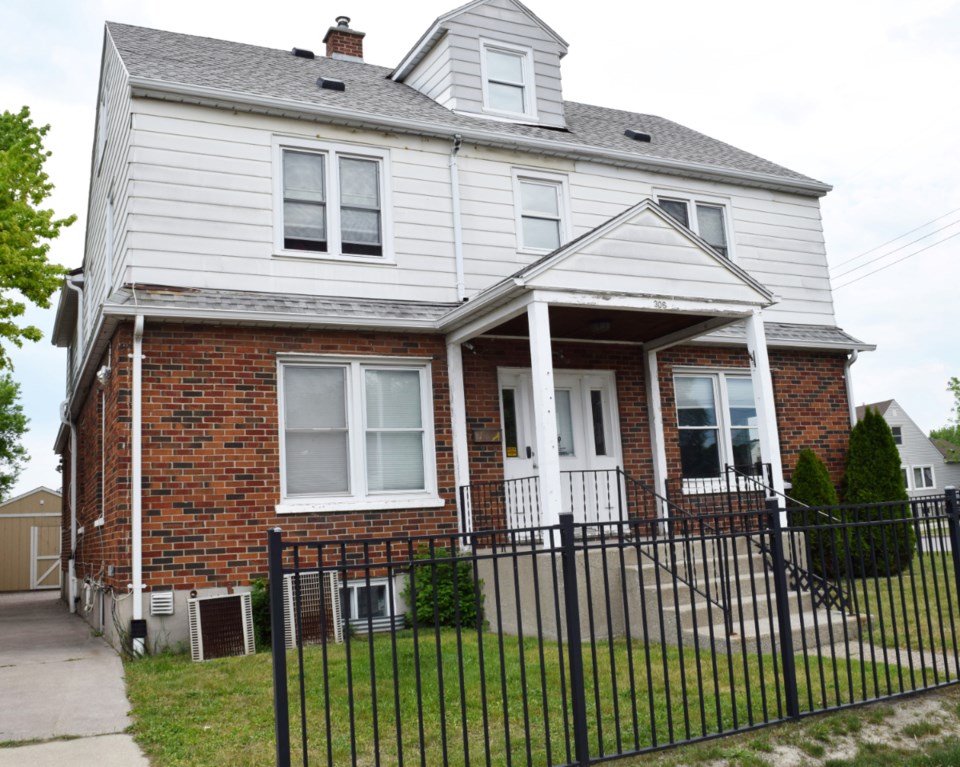Tara Jeffrey
Demand for addiction treatment is soaring locally as officials cling to hope Ontario will come through on a long awaited, full-fledged rehabilitation facility.
“It’s extremely high demand,” said Paula Reaume-Zimmer, Integrated Vice President for mental health and addictions at Bluewater Health and CMHA Lambton-Kent.
“On a daily basis we are turning away more than 50% of the callers, and it’s been growing this past year pretty significantly.
“We have conversations with the Ministry at least once a week right now,” she added, pointing to a proposed 24-bed permanent rehabilitation facility that Sarnia has been seeking for two decades.
“We know they are very engaged and aware of the project and I think we have a mutual interest in getting to the next stage.”
Requests for a withdrawal management bed at Bluewater Health doubled between May of 2020 and May of 2021, and 73% of those calls were declined in 2021, Reaume-Zimmer said.
Ontario has announced $700,000 in annual base funding for Ryan’s House, a 12-bed ‘stabilization and transition facility’ that augments the hospital’s seven-bed unit.
That has helped, Reaume-Zimmer said.
“It’s a nice confirmation that the funding is in place,” she said of the home, which opened in January. “Up to this point it was one-time funding — and that can leave some uncertainty.”
Fifty people have stayed at Ryan’s House, which was named for Ryan Hicks, who died of a fentanyl overdose in March 2015. The home is designed to provide supervision and programming to help residents plan their move into housing or longer-term treatment programs elsewhere.
More women are staying at the home - which offers up to 30-day stays - because women are feeling comfortable seeking help there, Reaume-Zimmer said.
Most of the withdrawal management patients are from Sarnia-Lambton, but some individuals are coming from other communities, including Chatham-Kent, she said.
“We’re hearing so many success stories from clients and families — and it’s motivating for the individuals who are there. They see each other move to next steps,” Reaume-Zimmer said.
“Some of them stay in touch and really encourage one another in recovery and that’s all about peer support and that’s so important.”
